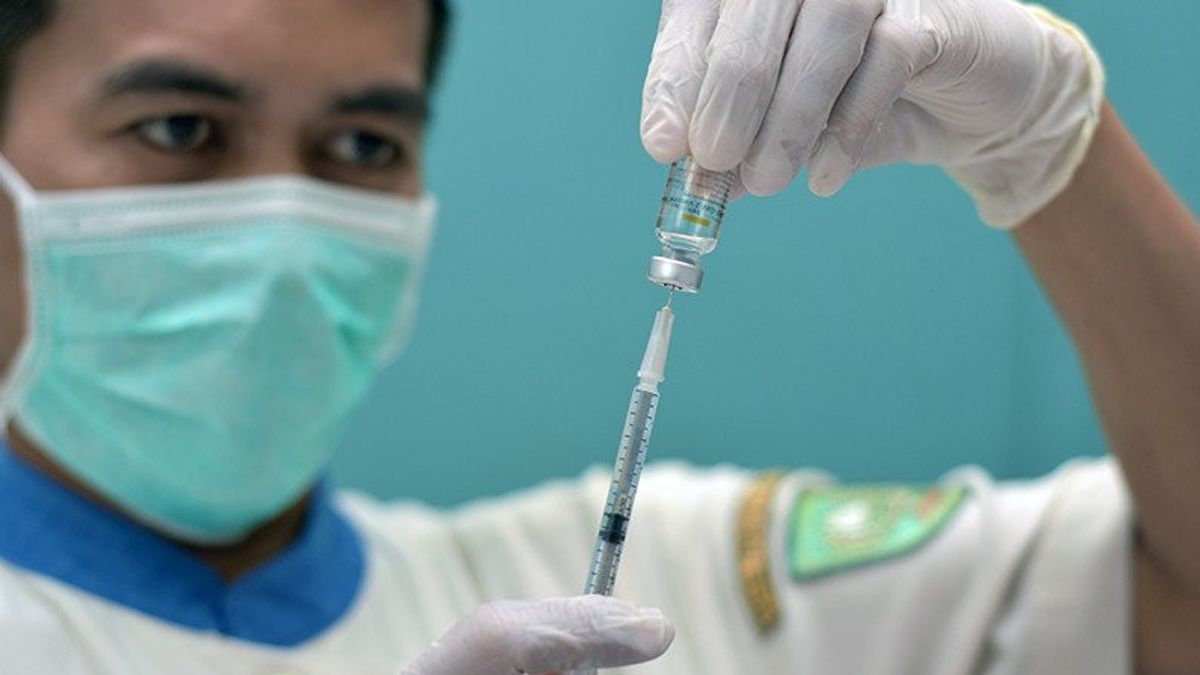JAKARTA - Head of the Central Army Hospital (RSPAD) Gatot Soebroto, Jakarta, Lieutenant General dr. Albertus Budi Sulistya said that the Nusantara Vaccine research would be focused on examining the dendritic cells used and based on non-commercial services.
This was agreed upon after a meeting between the Gatot Soebroto Army Hospital, the Food and Drug Supervisory Agency (BPOM), and the Army Chief of Staff at the Indonesian Army Headquarters (Mabes) on Monday afternoon, April 19.
"So you see, this dendritic cell therapy research is still continuing and the status of the research is service-based research," said Albertus when contacted by reporters, Monday, April 19.
Albertus said that there was nothing different between that research and the previous one. However, in the future, researchers will focus more on exploring the extent to which dendritic cells that were originally used to cure cancer can be used to ward off COVID-19.
"Using dendritic cells to increase immunity against the Sars-COV2 virus. So that's the research," he said.
"So back to scientific research, to be service-based scientific research," added Albertus.
In addition, in the future, the use of dendritic cells in vaccines for COVID-19 will also not require distribution permits. The reason is that its use is carried out in a scientific and service context.
"The essence is the same as the previous denditric cell research which people know the cool term, the term people think of as the Nusantara Vaccine. Exactly the same," he said.
Previously reported, the Nusantara vaccine polemic began with the results of the BPOM evaluation which considered that the phase 1 vaccine clinical trial made by former Health Minister Terawan Agus Putranto had not met the rules. This has led to the absence of a green light for researchers to continue the second phase of clinical trials.
However, on Wednesday, April 14, a number of political figures and officials, including members of the DPR RI, joined the phase II clinical trial volunteers. In this stage, the vaccine volunteers will take a blood sample and process it for the next 7 days.
Responding to this, the Head of the Food and Drug Supervisory Agency (BPOM) Penny K. Lukito said that if the Nusantara vaccine was determined to continue the stages. This is because his party has not issued a phase 2 permit.
"The results of the BPOM assessment related to phase 1 of the clinical trial of the dendritic or Nusantara vaccine is that it cannot be continued to phase 2. It is clear. What is currently happening is outside the POM, in this case it is not us to judge it," Penny in a virtual press conference, Friday, April 16.
The English, Chinese, Japanese, Arabic, and French versions are automatically generated by the AI. So there may still be inaccuracies in translating, please always see Indonesian as our main language. (system supported by DigitalSiber.id)








